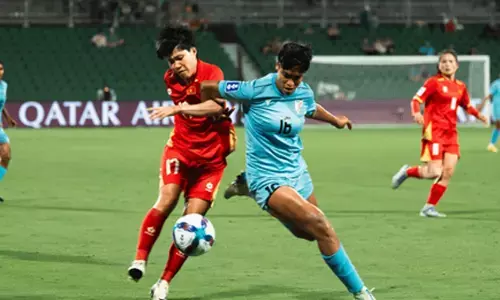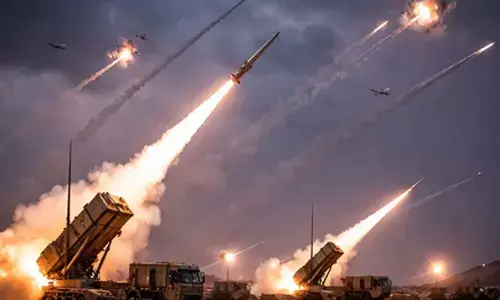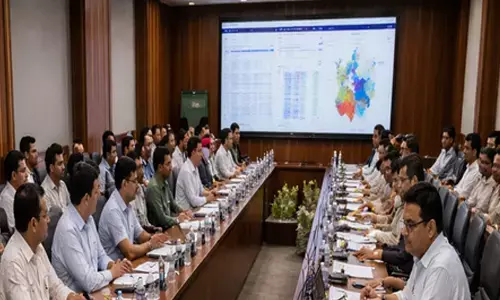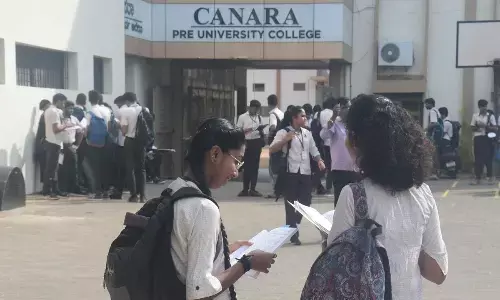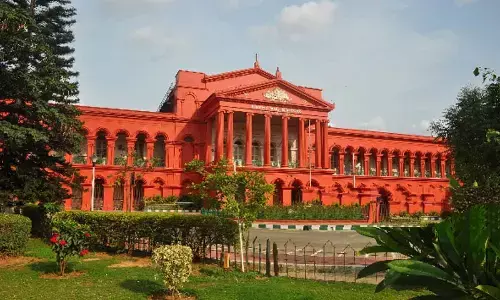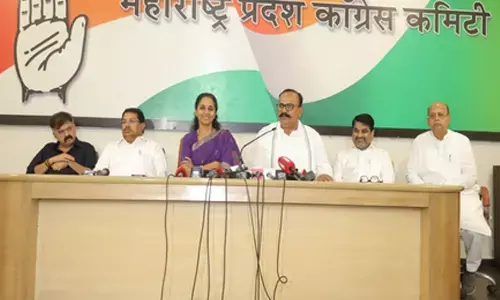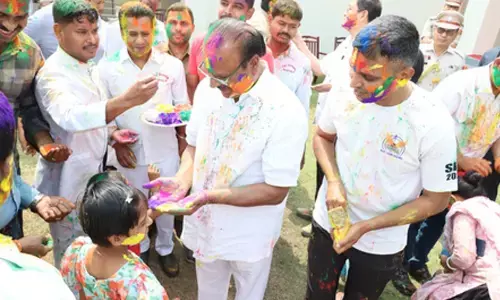When maestro Ilaiyarajaa made NTR jive…
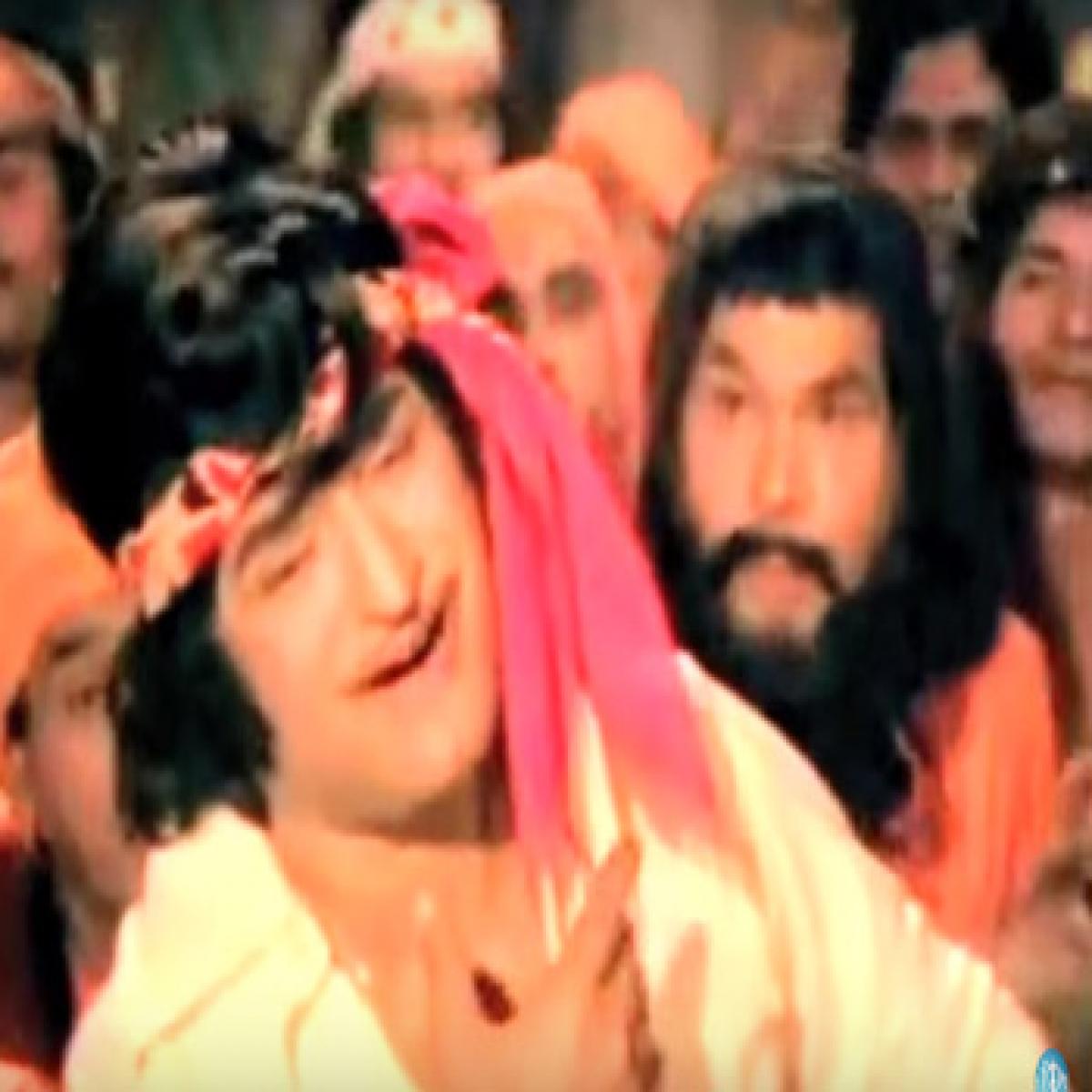
The iconic film ‘Don’ (1978), a surprise hit of Amitabh Bachchan in his heydays, has been a film of enduring interest for filmmakers all over Indian film industry. In the first two years after it hit the theatres, it had a Telugu and Tamil remake, starring NTR and Rajinikanth in them respectively.
The iconic film ‘Don’ (1978), a surprise hit of Amitabh Bachchan in his heydays, has been a film of enduring interest for filmmakers all over Indian film industry. In the first two years after it hit the theatres, it had a Telugu and Tamil remake, starring NTR and Rajinikanth in them respectively.
Many years later, between 2006-11, it saw many more versions once again in all the above languages with Shahrukh Khan, Ajith Kumar and Prabhas essaying the lead role. Released in November 1979, titled ‘Yugandhar’, the then 51-year-old NTR thus added a Telugu twist to the identity confusion drama helmed by Amitabh.
Jayasudha was paired as his heroine, who was a good 30 years his junior in age, having just made it into the big league in Telugu by starring with young heroes like Kamal Hassan. The only notable point about this song, sung by SPB for the middle- aged thespian, was that it was composed by Ilaiyarajaa, the only film in which his services were utilised by the grand hero of Telugu cinema.
Based totally on the peppy Hindi tune, the pitch starts weakly, in comparison to the booming tone of Kishore, which is further dragged down by an over-the-top lip synching and facial expressions from NTR. Rather unimaginatively, the setting too resembles the Hindi one, which seems artificially superimposed.
After the first stanza, the song picks up pace as the hero admits “asale, nenu emerkani erronni” with a pair of shoes (why?) strung on his shoulder. The beat maintains the tempo as the wig bobs in tandem with the steps of the protagonist, whose gestures are over-the-top for sure.
“Saradaga tirege vadni, dora laga bathike vadni” laments the ‘bhang’over affected NTR, as the junior artistes in saffron wear keep pace with him. Relief comes in the form of a furiously jiving Jayasudha, who relives the free style moves of Zeenat Aman, more modestly dressed in Telugu, for a change. The song gradually fades away as the hero ends his tale of being caught in the wrong place in the wrong time, a reference to the identity confusion which has affected him and stressed him out too.
The Hindi original had gone a long way to consolidate Bachchan’s sustained appeal among the cow belt fans even further, with that famous Kishore Kumar number ‘ Khaike Paan Banaras Wala’. The lanky hero, swung to the mesmeric beats of Kalyanji-Anandji composed number with a svelte Zeenat Aman in tow, forever into the hearts of his fans, as a hometown boy.
In contrast, quite rightly, the film did not impress the hardcore fans of NTR very much then, the film turning out to be an average grosser. By then, all the ageing heroes of both Tamil and Telugu cinema- MGR and Sivaji Ganesan included- had desperately clung on to hits of Bachchan released during his peak period of ‘70s to extend their career hitting the skids by then. The writing was on the wall already as the next gen like Krishna and Chiranjeevi after him, took over soon after.


